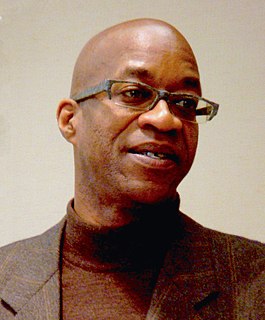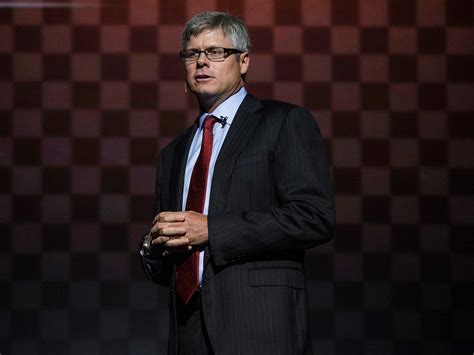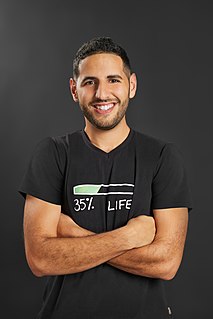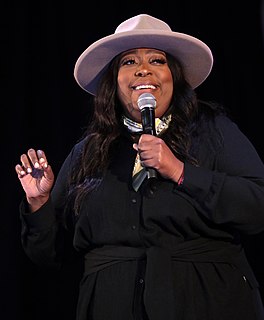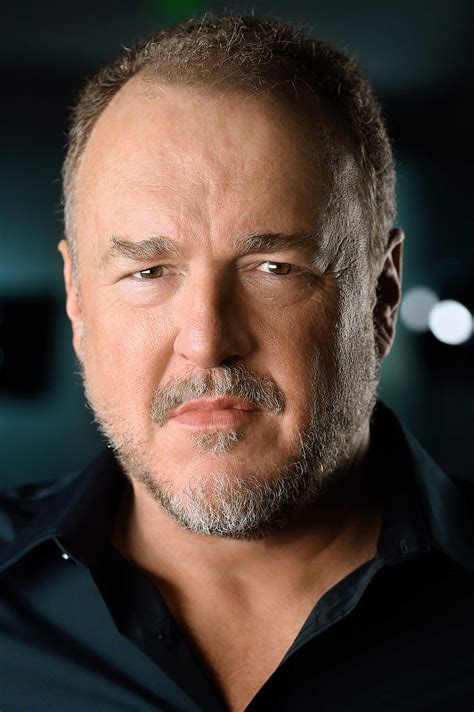A Quote by Edwin Moses
I'm an engineer. I studied physics and engineering. In fact, in 1978 I started working as an aerospace engineer with General Dynamics. I used to test cruise missiles, space systems, I worked on the first generation of cruise missile.
Related Quotes
The development and deployment of drones and Cruise missiles involves the continuing development of the vision machine. Research on Cruise missiles is intrinsically linked to the development of vision machines. The aim, of course, is not only to give vision to a machine but, as in the case of the Cruise missiles that were aimed at Leningrad and Moscow, also to enable a machine to deploy radar readings and pre-programmed maps as it follows its course towards its target.
These missiles [Cruise and Pershing II] represent a new generation of missiles whose deployment will help give NATO first-strike capability. With this first-strike strategy, the West believes it could attack Russian military installations with such effectiveness that serious retaliation would be impossible.
My very first records, I was very interested in how you get the particular quality you want out of it, and I began to learn about the engineering and aspects of production and things very early on. I got hands-on with the process and taught myself how to engineer, as opposed to just being a producer who asked the engineer to make it sound nice.
